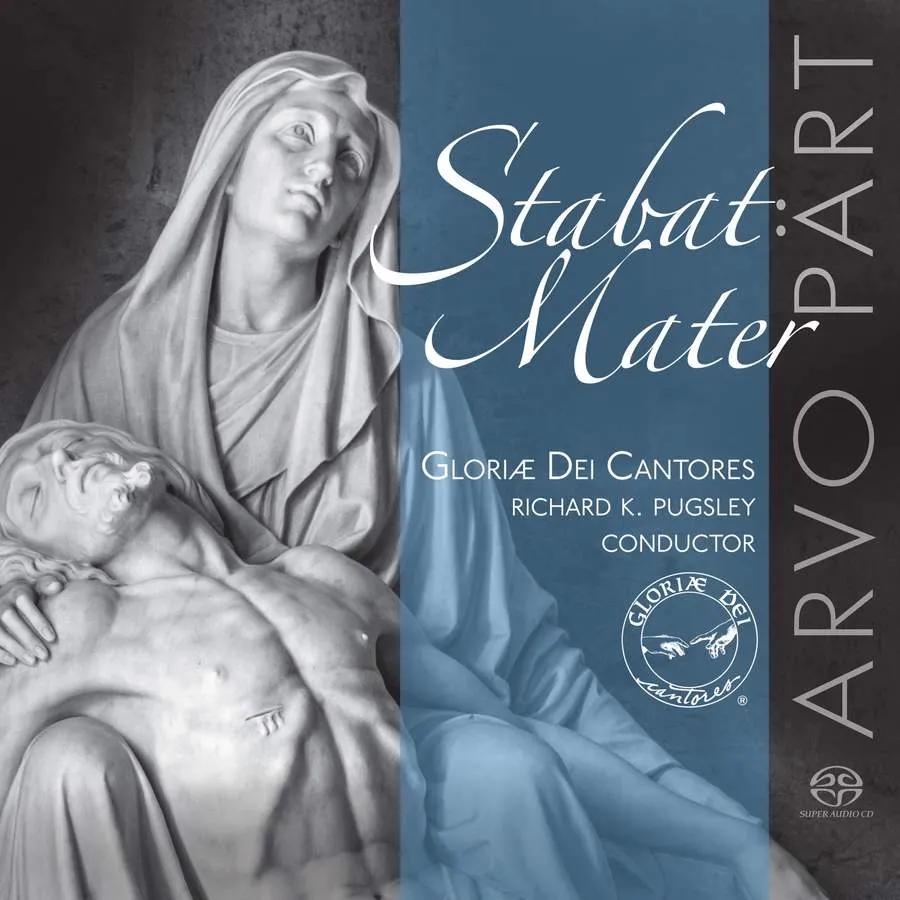
Arvo Pärt Stabat Mater; Nunc dimittis; Magnificat; Salve Regina; L'abbe Agathon; Peace Upon You, Jerusalem Gloriae Dei Cantores/Richard Pugsley Gloriae Dei Cantores GDCD065 68:20 mins
carcely under-represented in the catalogue, Arvo Pärt’s Stabat Mater nonetheless seems to be having something of a moment. Hot on the heels of a recording by Clare College, Cambridge comes transatlantic competition. But whereas Clare spliced it with Pēteris Vasks and James MacMillan, Gloriae Dei Cantores proposes an all-Pärt choral conspectus orbiting a clutch of works written in the early years of the new millennium. The exceptions are the Stabat Mater itself (composed in 1985 but executed in its supersized 2008 revision) and the Magnificat of 1989 – also to be found on the Clare disc, as is the two-decades-belated Nunc Dimittis.
Bells, chant and silence enshrine the trinity of elements comprising Pärt’s tintinnabuli style and, rooted in liturgical worship, Richard K Pugsley’s ‘Cantores’ ought to make for an obvious fit. Intimate, prayerful, the Salve Regina is a highlight drawing on the singers’ quotidian ecclesiastical hinterland. Similarly the start of the Nunc Dimittis’s ‘Gloria Patri’, reverentially cherished, evokes echoes of an almost Brucknerian sacred sensuality. More typical of Pärt, however, is the blazing C sharp major refulgence in that same piece of the preceding ‘Lumen ad revelationem gentium’, and here – as in the Stabat Mater – the Cambridge choir outflanks Pugsley’s forces, with a much brighter, more focused purity of sound closer to an Estonian choral tradition so perfectly attuned to the imperatives of tintinnabulism.
Pugsley cultivates an even-keeled approach to the Stabat Mater, so that even the liveliest instrumental interlude emerges a shade cautiously, only to be subsumed into a somewhat under-differentiated sonic tapestry. Included, too, is L’abbé Agathon though the performance doesn’t make the strongest of cases for one of Pärt’s lesser-known works.
Paul Riley